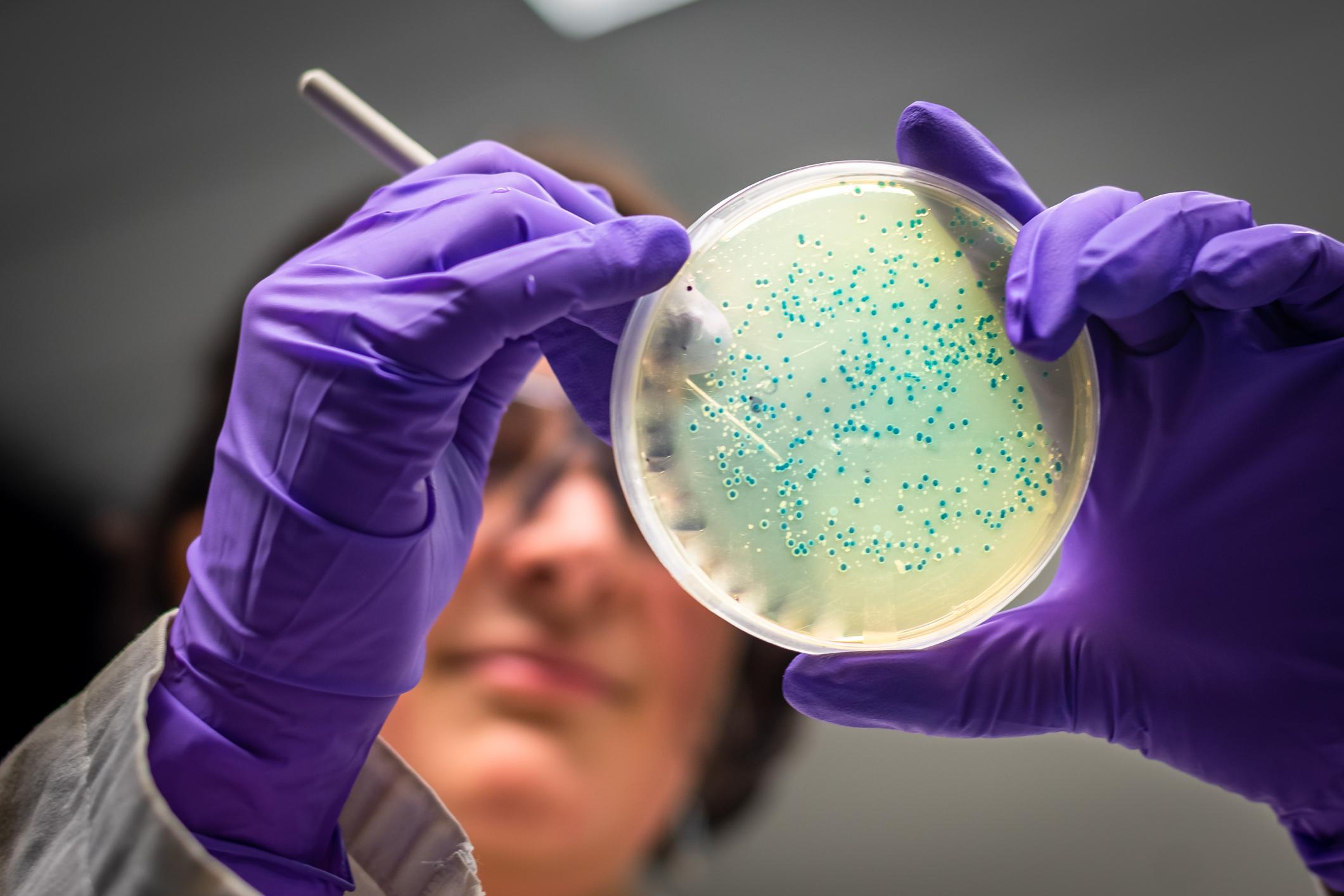There are two ways to manage uncomplicated acute appendicitis: surgery or antibiotic therapy. The first method would offer a better quality of life to patients.

- Antibiotic therapy is an alternative to surgery in the management of acute appendicitis
- Antibiotic treatment is associated with a 25% recurrence rate
- Patients treated with surgery report better quality of life
72,000 hospital stays took place for appendicitis in France in 2015, according to Health Insurance. About 56% of all acute appendicitis would be uncomplicated against 44% on average for complicated forms. A study conducted by Irish scientists from the RCSI University of Medicine and Health Sciences, has just been published in the Annals of Surgery. This supports the idea that surgery – rather than antibiotic treatment alone – should remain the first way to manage uncomplicated acute appendicitis.
Treatment of appendicitis: surgery or antibiotic therapy
Appendicitis is an acute inflammation, by infection of the appendix. It can occur at any age, but it occurs especially in older children. Symptoms are usually fever with nausea, sometimes vomiting and abdominal pain concentrated on the right side of the stomach. Palpation of this area causes tension in the muscles and the wall of the abdomen. For the vast majority of cases, surgery is performed to remove the appendix. If this is not done in time, complications can be serious.
But, with the evolution of medicine, treatment by taking antibiotics only – antibiotic therapy – appeared as an alternative option that offered several advantages to patients and hospitals alike: faster recovery, less frightening treatment, less pain, reduction in the number of interventions in operating rooms, etc. Nevertheless, previous studies have shown that antibiotic therapy was not as effective as surgery, that the failure rate of this drug treatment was high and that the quality of life of patients was worse than those who had recourse to surgery.
186 patients were followed for one year after their appendicitis
The Irish researchers have therefore worked on this question and have settled it: for them, surgery is preferable to antibiotic treatment. To reach this conclusion, they compared the effectiveness of the care as well as the quality of life of 186 patients after one or the other of these two methods. All the participants had uncomplicated acute appendicitis but they were divided into two groups: antibiotic treatment or surgery.
Patients treated with drugs alone received intravenous antibiotics until their symptoms improved. Then they had oral antibiotics for five days. In the second group, the participants underwent an operation to remove their appendix. In the following months, patients in both groups answered questionnaires at one week, one month, three months and twelve months on their quality of life, namely: the level of pain, the need for additional sick leave, surgical site infections and the development of recurrent appendicitis.
25% of patients treated with antibiotic therapy had a recurrence
The results indicate that antibiotic treatment alone resulted in high recurrence rates and lower quality of life. In detail, 25% of people who had only antibiotics had a recurrence of acute appendicitis within a year. In contrast, those who had their appendix removed reported a much better quality of life.
“Antibiotic-only treatment of acute uncomplicated appendicitis has been proposed as a less invasive treatment alternative for patients, explains Professor Arnold Hill, Director of the Faculty of Medicine and RCSI Professor of Surgery. The trial aimed to find out if antibiotic treatment alone could replace surgery in some cases, which could offer many benefits for patients and hospitals. The results indicate that treatment protocols should not change. Surgery will provide the best patient outcomes in terms of quality of life and recurrence and should therefore remain the first treatment for uncomplicated acute appendicitis..”
.

















